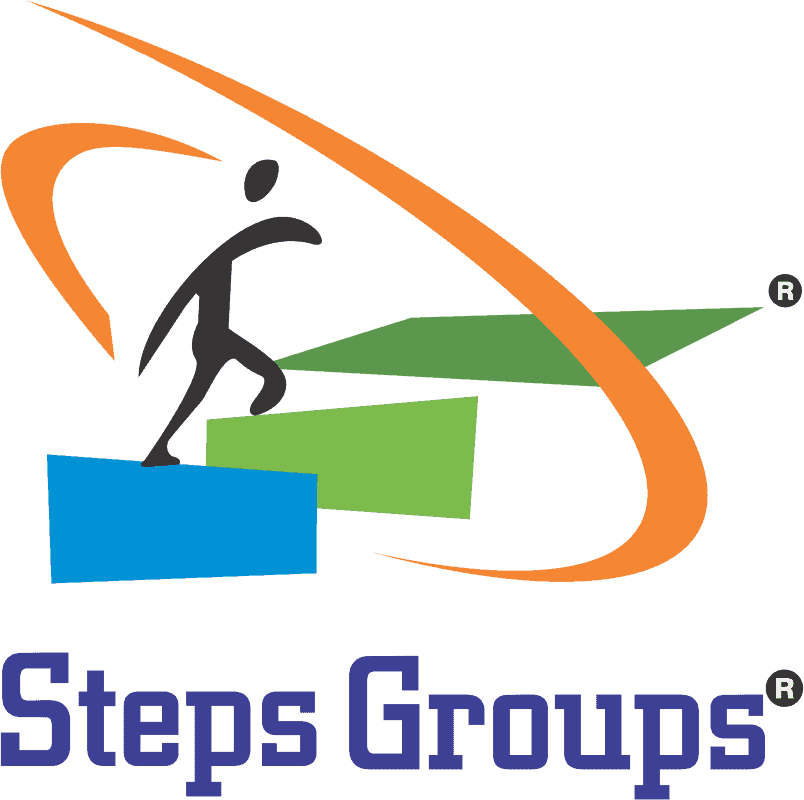How Does Occupational Therapy Help with Speech?

Occupational therapy might not be the first thing that comes to mind when you think about speech improvement, but it plays a crucial role in helping individuals enhance their ability to communicate. While speech therapists directly address issues related to voice, language, and articulation, occupational therapists work on the broader aspects of communication, especially for individuals facing challenges due to various disabilities or developmental delays. Here is how does occupational therapy help speech improvement.
Enhancing Fine Motor Skills
One of the ways occupational therapy helps with speech is by enhancing fine motor skills that are essential for clear articulation. This includes strengthening the muscles around the mouth and developing precise motor control. Occupational therapists use various exercises and activities that encourage individuals to practice movements that are critical for speech, such as lip rounding, controlled breathing, and tongue positioning. These skills are fundamental for articulating sounds clearly and effectively.
Cognitive and Sensory Integration
Occupational therapy also addresses cognitive functions that play a significant role in speech and communication. Therapists work with individuals to improve attention, memory, and problem-solving skills, which are crucial for understanding and following conversations. Additionally, occupational therapy helps with sensory integration, which can be particularly beneficial for individuals with sensory processing disorders.
Social Skills and Communication
Communication is not just about speaking but also about interacting socially. Occupational therapy often includes components that enhance social skills, such as turn-taking, maintaining eye contact, and understanding social cues. These skills are crucial for effective communication and are often a focus in therapy sessions, especially for individuals with autism or social communication disorders.
Collaborative Work with Speech Therapists
While occupational therapists focus broadly on life skills, they often collaborate with speech therapists to provide comprehensive care tailored to an individual’s needs. This team approach ensures that all aspects of a person’s development are addressed, combining specific speech and language interventions with broader occupational therapy goals.
Occupational therapy significantly contributes to improving speech by developing fine motor skills, enhancing cognitive functions, supporting sensory integration, and building social communication skills.


